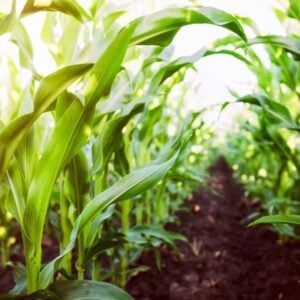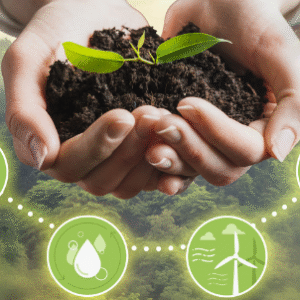The EU-AGRIN project, implemented in Uzbekistan by the United Nations Development Programme (UNDP) with funding from the European Union and in close partnership with the Ministry of Agriculture, is driving transformative change in the country’s agri-food sector. A recent workshop with specialists from the Italian Council for Agricultural Research and Analysis of Agricultural Economics (CREA) strengthened the capacity of Innovation Groups, equipping local farmers, researchers, and experts with practical knowledge in sustainable agriculture, climate-smart practices, and water-efficient farming.
Farmers like Nargiza Shernazarova from the Tashkent region have seen the benefits firsthand. “As a member of an Innovation Group, I learned to integrate science, research, and production to grow high-yielding, disease-resistant wheat while saving water. Mistakes along the way taught me invaluable lessons for both farming and leadership,” she shared.
The workshop highlighted European approaches to sustainable land management, food safety, and inclusive agricultural innovation, promoting gender equality and youth involvement. Participants explored scalable models and financing options to sustain long-term progress in Uzbekistan’s agri-food ecosystem.
Roberto Aparicio, Programme Manager on Agriculture at the EU Delegation to Uzbekistan, emphasized the importance of the initiative, noting that family farms are central to Uzbekistan’s economy and food security. By supporting farmers to adopt climate-smart and resource-efficient practices, the initiative helps them produce healthy food, adapt to environmental challenges, and strengthen their position in local and global value chains.
UNDP and local coordinators showcased the success of Italian operational groups and the practical lessons they offer for Uzbekistan. The EU-AGRIN project has now established 18 Innovation Groups across Tashkent, Fergana, and Kashkadarya, achieving measurable results such as a reduction in energy and water use through solar-powered drip irrigation, higher crop yields using climate-resilient seeds and efficient inputs, significant cuts in greenhouse gas emissions through sustainable farming practices, and an increase in farmer income, with women-led cooperatives benefiting from livestock and milk production improvements.
More than 9,000 people, including over 2,200 women, have participated in trainings, study tours to Italy and Germany, and capacity-building programs. The newly launched Youth Hub at the Zangiota Agrotechnological TVET is fostering the next generation of innovators in Uzbekistan’s agricultural sector.
Through EU-AGRIN, the European Union and UNDP are creating a more resilient, inclusive, and innovation-driven agricultural system in Uzbekistan, empowering farmers, youth, and women to lead the country toward sustainable growth.







